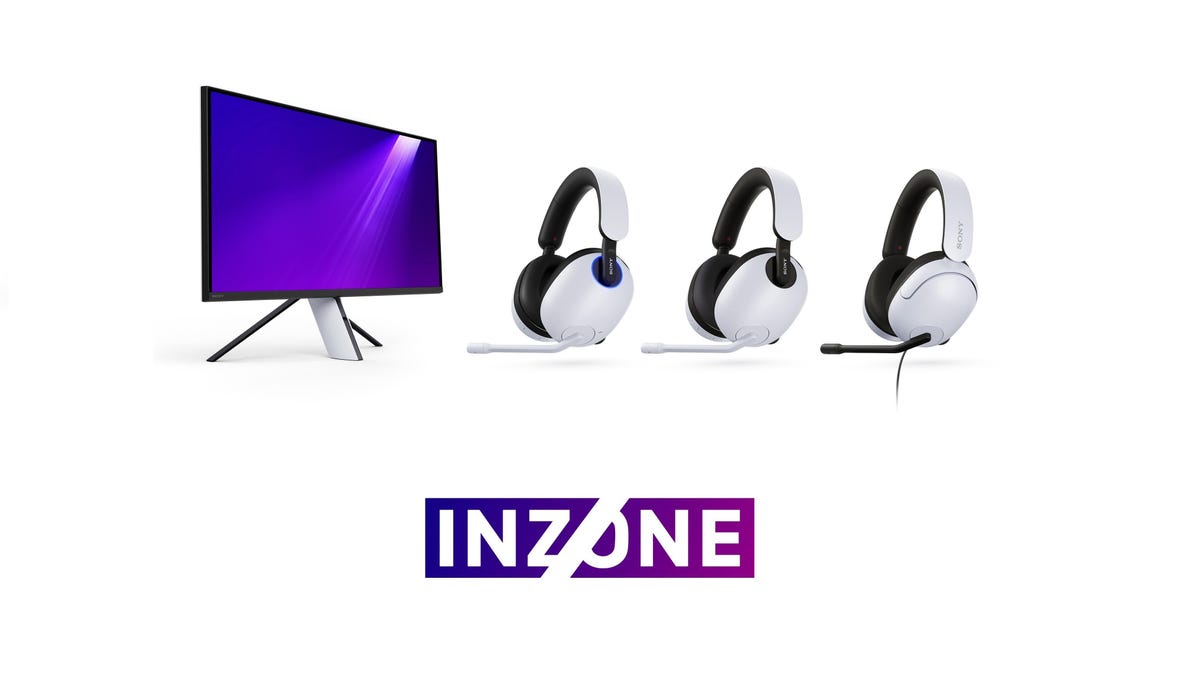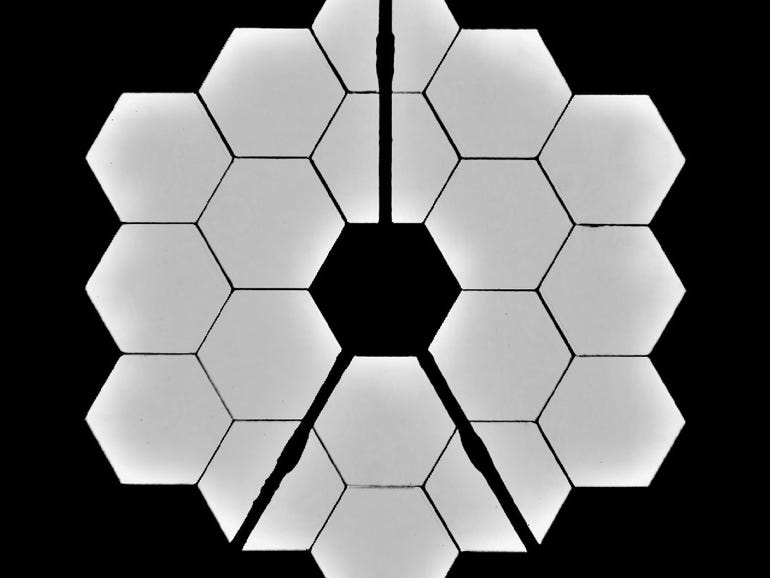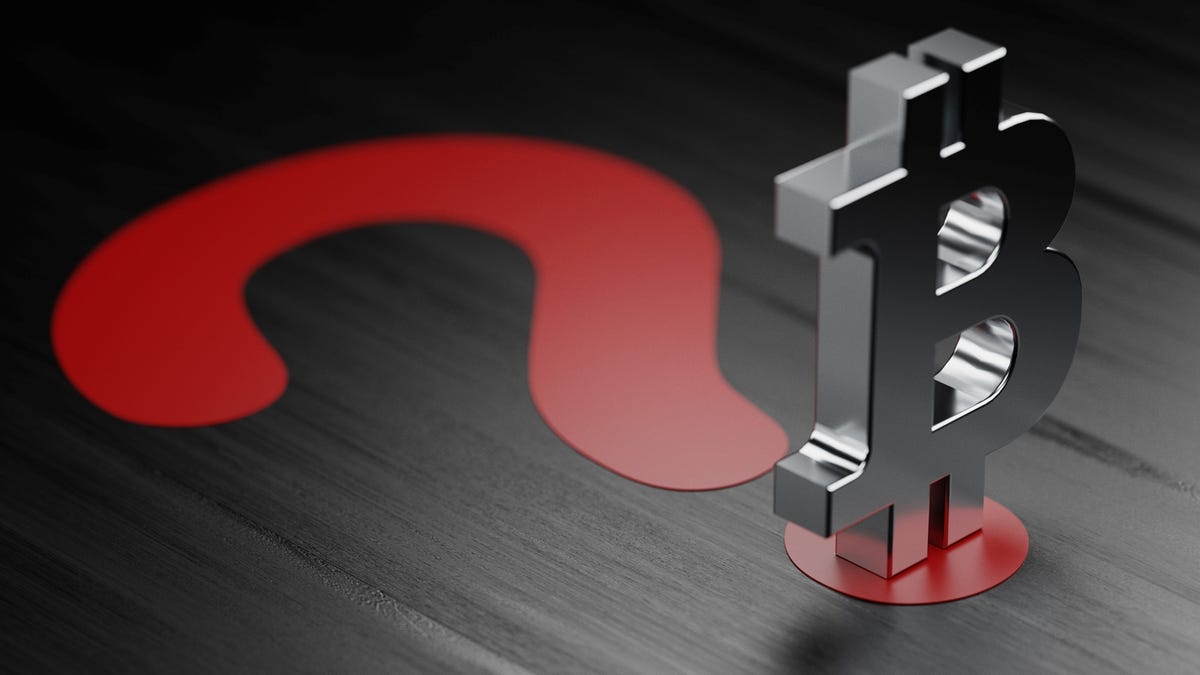Sony announces INZONE line of monitors and headsets for PC and PS5 gaming
Sony has been a power player in the console gaming space since the first PlayStation saw instant success in the mid-1990s. Today, four generations later, the company is still struggling to meet demand for the PlayStation 5 almost two years after its release. Despite all of this success in the console gaming space, however, Sony has had a barely recognizable presence in the PC gaming market — until now.
The INZONE line of peripherals is Sony’s first major push into the modern PC gaming hardware market. It’s clear from Sony’s initial gambit, which includes a pair of gaming monitors and a trio of gaming headsets, that it intends to target the key specs of leading products already on the market (while weaving in a few features for its loyal PlayStation 5 owners, too).
For its monitor line, that means catering to both the 4K-focused gamer’s worries about rich colors, lush visuals, and crisp details as well as the more competition-focused gamer’s concerns regarding response times and refresh rates. Meanwhile, Sony’s initial headset line appears to lean heavily on the pedigree of its well-loved WH-1000XM line of noise-cancelling headphones — particularly the recently-released WH-1000XM5 model — while providing low-latency connectivity options and enhanced direction hearing.
Let’s take a look at the individual products comprising Sony’s initial onslaught on the PC gaming space.
One of Sony’s new INZONE monitors alongside its new INZONE H9 headset Sony
Monitors
Sony’s first wave of INZONE monitors come in two flavors: the 4K-enabled M9 and the 240Hz M3. Below are all of the specs for both models Sony has revealed so far:
|
INZONE Monitors |
INZONE M9 |
INZONE M3 |
|
Screen size |
27-inch |
27-inch |
|
Resolution |
4K |
1080p |
|
Response time |
1ms GtG (Gray to Gray) |
1ms GtG (Gray to Gray) |
|
Refresh rate |
144Hz |
240Hz |
|
HDR support |
DisplayHDR 600 (600-nit maximum brightness) |
DisplayHDR 400 (400-nit maximum brightness) |
|
Color gamut |
DCI-P3 >95% |
sRGB 99% |
|
Variable refresh rate support |
VRR (HDMI 2.1), NVIDIA G-Sync compatible |
VRR (HDMI 2.1), NVIDIA G-Sync compatible |
|
MSRP |
$899 |
$529 |
|
Launch window |
Summer 2022 |
Winter 2022 |
Sony noted that it designed the new line of monitors to focus on five key areas of picture quality: pixel resolution, refresh rate, brightness/contrast, color gamut, and color depth. As you can see above, the M9 ticks off a few of these boxes a bit harder than the lower-cost M3. This is due to the M9’s 4K resolution, 600-nit maximum brightness, and wider color gamut.
However, the most important stat to note in the specs for the M3 is its 240Hz refresh rate. For gamers focusing on MMORPGs, MOBAs, and RTS games, 60Hz (or a maximum of 60 frames per second) is often enough, with the 144Hz supported by the M9 being downright luxurious at 4K. But for competitive FPS players, frames are king. This means many of these gamers are willing to drop down to the lower 1080p resolution standard in order to gain the nearly-doubled frame rate provided by 240Hz.
In short, Sony is attempting to serve both ends of the current market here: 4K-obsessed gamers wanting the prettiest, brightest, sharpest image they can get, and gamers obsessed with attaining the most frames per second, even if it comes at the cost of some pixels.
Unsurprisingly, the PlayStation maker also realizes that many PC gamers are also console gamers. To that end, Sony packed a couple of special tricks into the M9 and M3 that activate when a PlayStation 5 is plugged in:
- Auto HDR tone mapping: This helps gamers see sharper details, even in extremely high-contrast scenes, thanks to improved differentiation between light and dark areas of the display. It will likely make use of the “Full Array local dimming” on the M9, which controls tiny backlight zones to better separate dark and light areas.
- Auto genre picture mode: This function automatically switches to “Game1 mode,” which minimizes input lag when it detects a game being played on the PS5. Or it swaps to Cinema Mode when it senses a Blu-ray disc or streaming app is being used for “a more expressive picture.”
Functions like an “FPS game picture mode” that highlights enemies more clearly and a Black Equalizer that brightens overly dark scenes will also be available for PC gaming.
Headsets
Left to right: Sony’s INZONE monitor, H9 headset, H7 headset, and H3 headset Sony
The top two entries in Sony’s first line of headsets aimed at both PC and PlayStation gamers closely resemble the WH-1000XM5. But the similarities don’t end there, especially for the top-end H9. Below is a table with the known specs for each unit:
|
INZONE Headsets |
H9 |
H7 |
H3 |
|
Connection method |
2.4GHz Wireless + Bluetooth |
2.4GHz Wireless + Bluetooth |
3.5mm or USB |
|
Battery life |
32 hours |
40 hours |
n/a |
|
MSRP |
$299 |
$229 |
$99 |
|
Digital noise cancelation |
Yes |
No |
No |
While the details on these units remain somewhat slim, we know a few things. First, the $299 H9 brings with it the digital noise cancelation technology that its look-alike WH-1000XM5 is known for. However, this comes at a slight hit to the battery life, dropping it to 32 hours, versus the 40 hours offered by the slightly cheaper H7.
It’s also worth noting that both wireless units, the H9 and H7, support both 2.4GH wireless and Bluetooth. This means gamers concerned with the inherent latency Bluetooth tends to suffer from can use the included USB adapters included with both models to connect over the much lower latency provided by 2.4GHz — while still being able to quickly swap to Bluetooth to connect to their mobile device. Sony also noted that both models are Discord-certified for voice chat.
The INZONE headset line also includes one more key feature: Sony’s “spatial sound field” technology. The company claims this feature allows the headsets to analyze the shape of your ears to optimize its sound output for each user. The so-called “360 Spatial Sound Personalizer” uses each gamer’s unique analysis to help it better “pinpoint exactly where enemies are located.”
Sony also noted that both the H9 and H7 will support Tempest 3D AudioTech, a PlayStation 5 feature that can simulate up to 1,000 surround sound speaker positions around the user. If it works as well as Sony seems to claim, it could be a huge boon to competitive gamers hoping to rely on sound cues to tell them when enemies player are coming around a corner or sneaking behind them for a stealth kill.
All three headsets are available for preorder right now on Sony’s website and Best Buy. The official release date is slated for July 7. In the meantime, check out our review of the top-end INZONE H9 headset.




